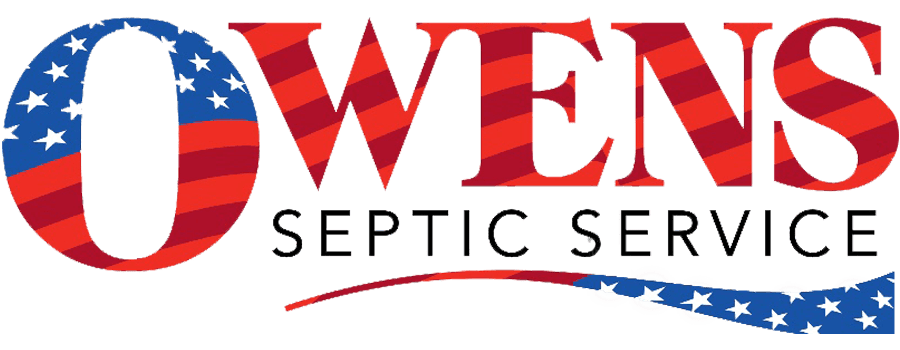Grease traps are an essential component of commercial kitchens, designed to intercept fats, oils, and grease (FOG) before they enter the sewer system. However, over time, grease traps can become filled with accumulated FOG, leading to clogs, backups, and foul odors. In this comprehensive guide, we’ll explore the importance of grease trap pumping in maintaining a clean and efficient kitchen environment, and how regular maintenance from professionals like Owens Septic Service can keep your kitchen flowing smoothly.
Understanding the Role of Grease Traps in Commercial Kitchens
Grease traps, also known as grease interceptors or grease separators, are plumbing devices installed in commercial kitchens to prevent FOG from entering the wastewater disposal system. These traps work by capturing FOG as it cools and solidifies, allowing the cleaner water to flow into the sewer system. FOG can accumulate in sewer lines without grease traps, causing blockages, backups, and costly repairs.
The Importance of Grease Trap Pumping
Regular grease trap pumping is essential for several reasons:
- Preventing Clogs and Blockages: As FOG accumulates in the grease trap, it can form solid masses that block the flow of wastewater. Regular pumping removes these accumulations, preventing clogs and backups in the plumbing system.
- Maintaining Kitchen Hygiene: A clean grease trap is essential for maintaining a hygienic kitchen environment. Accumulated FOG can harbor bacteria and produce foul odors, which can contaminate food preparation areas and affect the quality of dishes.
- Compliance with Regulations: Many municipalities require commercial kitchens to have grease traps and adhere to strict maintenance schedules. Failure to comply with these regulations can result in fines, penalties, and even closure of the establishment.
The Grease Trap Pumping Process

Grease trap pumping is a specialized service that should be performed by trained professionals like Owens Septic Service. Here’s an overview of the pumping process:
- Assessment: Our technicians start by assessing the grease trap’s condition and determining the volume of FOG that needs to be removed.
- Pumping: Using specialized equipment, we pump out the contents of the grease trap, including FOG, food particles, and other debris.
- Cleaning: After pumping, we thoroughly clean the grease trap to remove any remaining residue and ensure optimal performance.
- Disposal: The collected FOG and waste materials are disposed of in accordance with local regulations and environmental guidelines.
Benefits of Professional Grease Trap Pumping
Partnering with Owens Septic Service for grease trap pumping offers numerous benefits:
- Efficiency: Our experienced technicians use advanced equipment and techniques to pump and clean grease traps efficiently, minimizing downtime for your kitchen operations.
- Preventative Maintenance: Regular grease trap pumping helps prevent costly plumbing repairs and ensures compliance with regulatory requirements.
- Expertise: With years of experience in the industry, our team has the knowledge and expertise to handle grease trap pumping for commercial kitchens of all sizes.
Conclusion: Prioritize Your Kitchen’s Health with Grease Trap Pumping
In conclusion, grease trap pumping is critical to maintaining a clean, efficient, and compliant commercial kitchen. By partnering with professionals like Owens Septic Service for regular maintenance, you can prevent clogs, maintain hygiene standards, and avoid costly penalties. Don’t wait until problems arise—schedule your grease trap pumping service today and keep your kitchen flowing smoothly for years to come.

